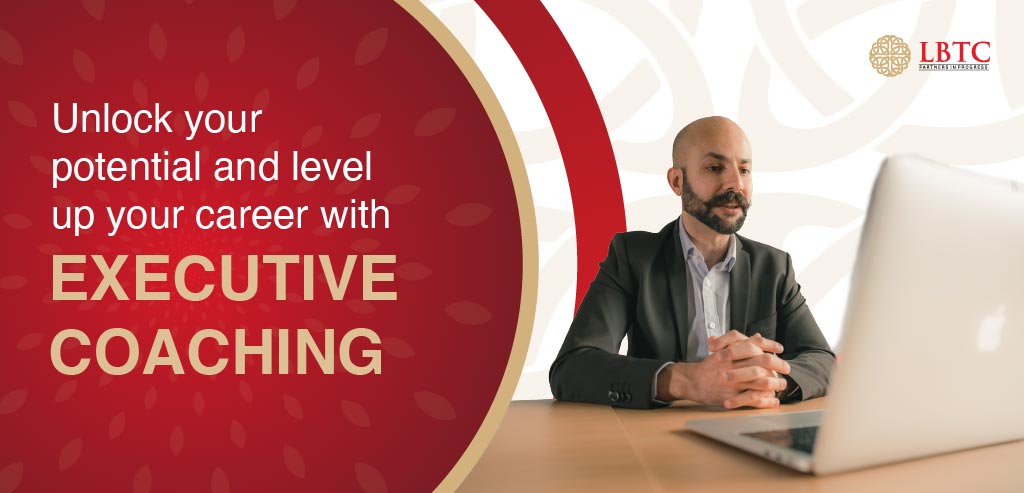
Many people believe that executive coaching is only available to C-Suite members. And it was for a while. However, access to professional coaching is now easier than ever, and everyone has the potential for personal growth and development regardless of where they are in the organisational hierarchy.
There is a way out if you need to catch up on your career path. Engaging with an executive coach can help you develop the self-awareness required to reach your full potential and progress in your profession.
What is executive coaching?
An executive coach’s area of expertise is assisting clients in acquiring the advanced abilities and leadership required to be successful corporate leaders. Their clientele is frequently composed of highly driven, goal-oriented professionals searching for a way to advance in their jobs.
Because the coaching approach is action-based, the coach works to change how a client thinks while supporting real work and advancement. The goal of the coach’s work with individuals or groups is to develop bright, competent, and driven workers who are prepared to assume leadership roles in the corporate world.
A competent coach adapts their style to your needs and objectives, meeting you where you are. Your coach can provide you and yourself with new insight into your skills, shortcomings, and improvement areas as you collaborate to create a development plan.
The following seven benefit-generating characteristics define executive leadership coaching:
- Obtaining and providing input
- Identifying prospects for development
- Increasing consciousness
- posing pertinent questions to generate solutions
- promoting lifetime education
- Providing enduring assistance
- Putting in place an accountability framework and keeping track of advancements
Why is executive coaching effective?
According to a recent study, 77% of executives who worked with a coach reported improvements to at least one of nine company metrics; the most significant increases were shown in overall productivity and employee satisfaction. The study’s findings indicated a 788% return on investment from executive coaching.
Here’s how executive coaching can benefit you personally:
– Achieve Goals Faster:
– Identify dreams and ambitions with your coach.
– Set SMART goals with milestones and deadlines.
– Work collaboratively to meet targets on your timeline.
– Stay Accountable:
– Receive assignments with specific timeframes.
– Discuss results in the next session.
– Develop time management skills for professional life.
– Gain Open-Mind Perspective:
– Coaches illuminate new possibilities.
– Teach alternative perspectives and applications of skills.
– Challenge and overcome limiting beliefs for enhanced empathy and listening skills.
– Make Better Decisions:
– Coaching prompts asking better questions.
– Evaluate options from different viewpoints.
– Coach serves as a valuable sounding board during decision-making challenges.
– Stay Motivated and Focused:
– Coaches help redirect attention to goals.
– Encourage them to stay on target.
– Counterbalance day-to-day work challenges.
– Feel Appreciated:
– Investment in personal development is a sign of value.
– Coaches support self-improvement and career growth.
– Encourages a sense of self-worth and appreciation.
Comprehending the executive coaching procedure
An executive coaching programme may run for six months or longer, depending on your objectives. Your coach will provide additional support to develop your skills and effect meaningful change the longer you engage with them.
Before they start working with you, your coach will spend time getting to know you. They’ll discover more about your employment history, motivations, and background. With your consent, they may also ask your colleagues for input on your skills and talents.
As you go through the process, your coach will take short breaks to discuss and evaluate your progress. They’ll encourage you to consider your path and provide feedback based on their observations. With your coach’s help, you can decide on the best course of action and adjust the course as needed.
Your coach will interview you at the end of the coaching process to assess your progress and recognise your achievements. Did you succeed in achieving your objectives? What knowledge have you gained, and what more do you require? What’s on your horizon, then?
These details give them a complete picture of you, which they may use to build the familiarity and trust to sustain your connection.
Your coach will assess your progress as you work together. Some professionals employ a grading system to determine how far you’ve come and to grade your performance based on behavioural changes and results. These kinds of evaluations assist the coach in identifying your areas of strength and the best course of action.
Get an Expert Executive coaching is ideal for those prepared to advance to a higher leadership level and reach LBTC today to hire a professional.

Leave a Reply